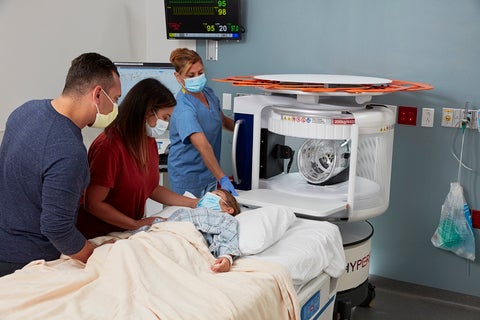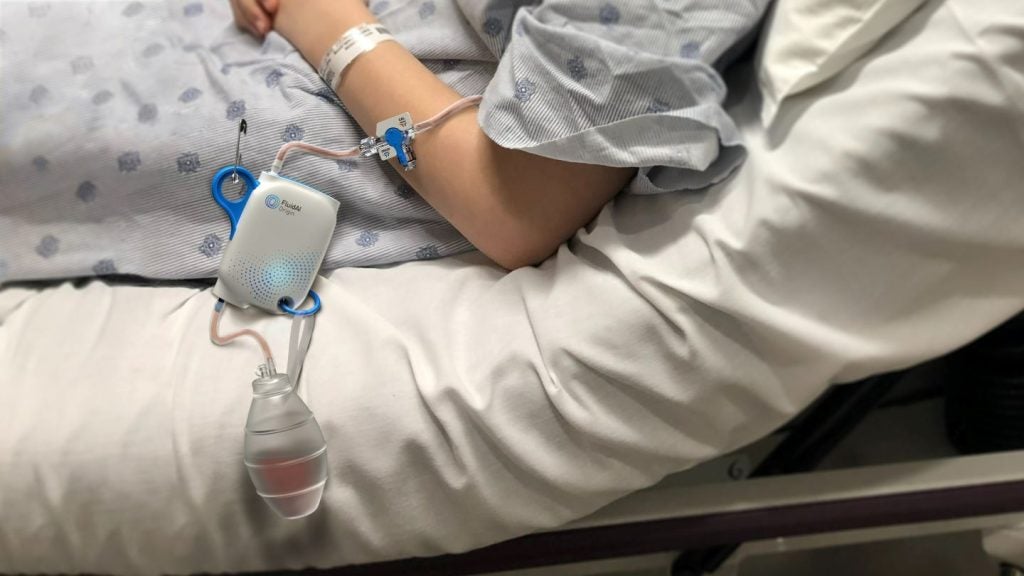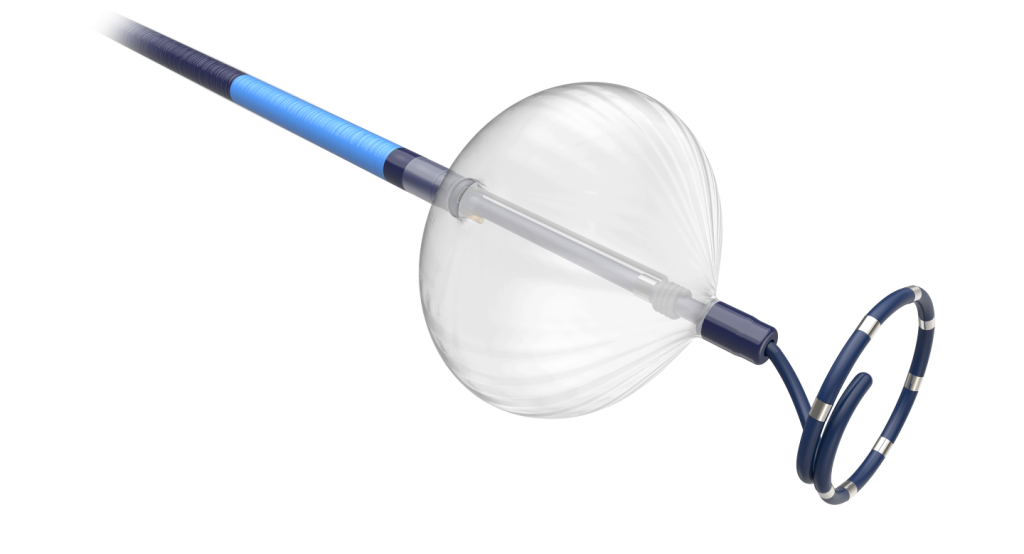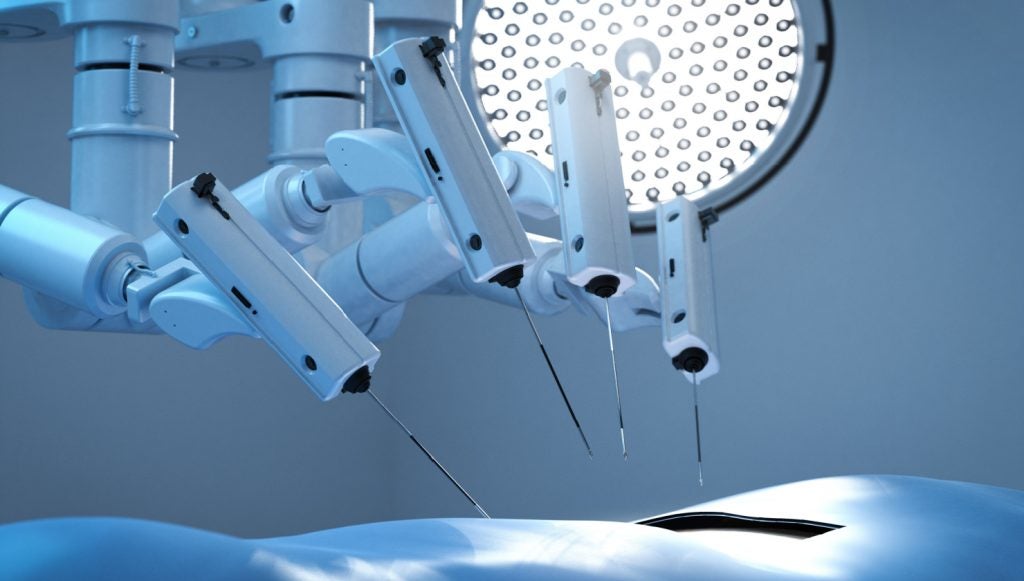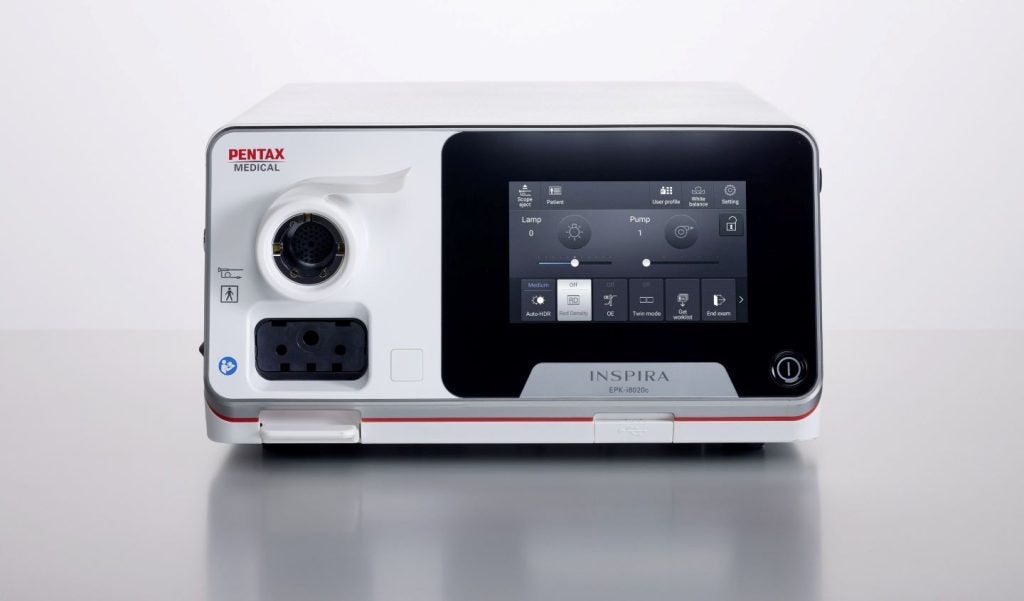Inspira Technologies has concluded a Usability Study for its INSPIRA ART100 blood circulation medical device in Boston, Massachusetts, US.
The study involved US healthcare professionals assessing and examining the device in a setting that has been designed to consider the human aspects of the intended users, uses and use environments.
Inspira Technologies CEO Dagi Ben Noon said: “We are advancing with the INSPIRA ART100. We plan to take a position in disrupting the medical device industry with our high-grade technology.”
The extracorporeal blood circulation device is intended for pulmonary and cardiac support.
It constantly enriches the blood with oxygen while eliminating carbon dioxide.
The device can be used in several extracorporeal treatments in the intensive care unit (ICU) and during heart surgery.
INSPIRA ART100 is expected to be the first device that can be integrated with the company’s non-invasive HYLA blood sensor technology, which is intended to carry out continuous blood measurements in real time.
It features a large touchscreen and colourful graphical representation to enhance the visibility, scope and functionality of data presented to the medical staff.
The company plans to submit the INSPIRA ART100 device to the US Food and Drug Administration to obtain approval, in the latter half of this year.
In May this year, the company announced the development of a new augmented respiration technology, dubbed the VORTX Blood Oxygenator, to imitate lung function.
Inspira is focused on the development of medical technologies and products for the prevention of mechanical ventilation.




